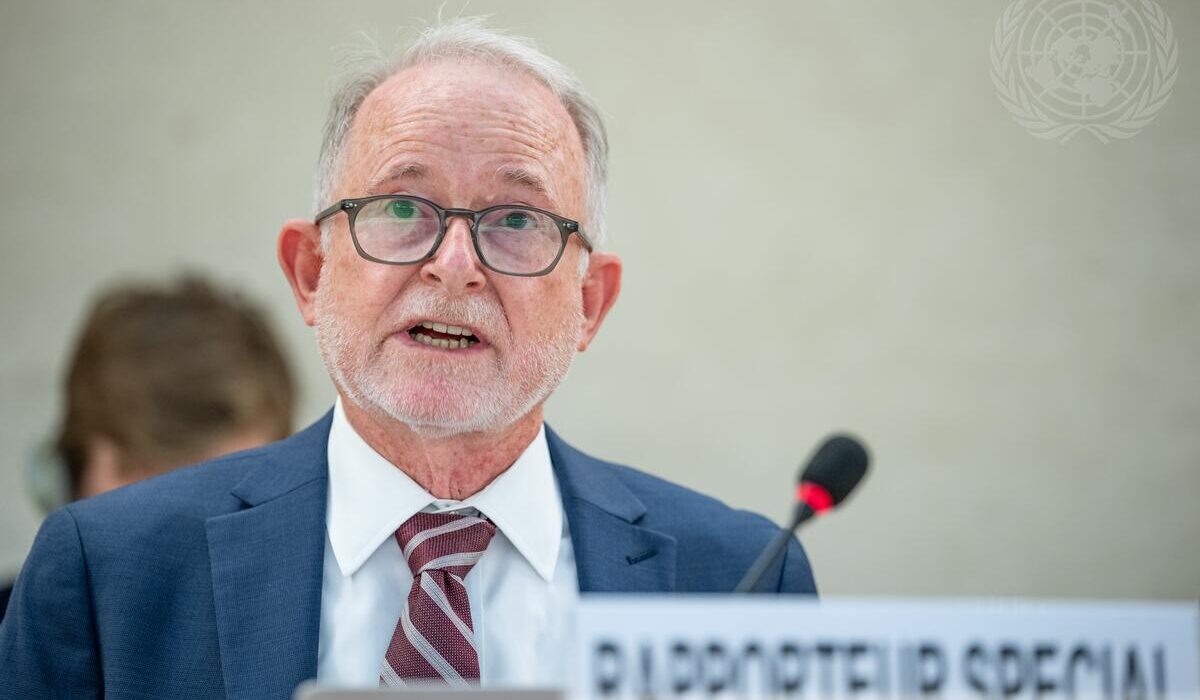Richard Bennett, the U.N. Special Rapporteur on Human Rights in Afghanistan, said in an interview with Amu that Taliban has not provided any specific reasons for denying him entry to the country.
Bennett, who last visited Afghanistan in May 2023, noted that he is expected to visit at least once a year but has been unable to return for over a year due to the Taliban’s refusal.
“I’m expected to go at least once a year, and I would still hope. However, I have received information from the Taliban de facto authorities that they would not welcome me at the moment,” Bennett said, expressing hope that the Taliban might reconsider their decision.
Bennett revealed that he has not received an official written notice of the ban but that the Taliban have made their stance clear to his team. He added that while he previously held an Afghan visa, he currently does not have one.
Despite the ban, Bennett remains in contact with the Taliban-run Ministry of Foreign Affairs, specifically its department of human rights and women’s affairs. In his reports, Bennett has highlighted the ongoing deterioration of human rights in Afghanistan, particularly the erasure of women and girls from public life. He has warned that the Taliban’s violations of women’s and girls’ rights could amount to crimes against humanity.
The Taliban have criticized Bennett’s reports. Zabihullah Mujahid, the Taliban’s spokesperson, dismissed Bennett’s claims, stating, “Where is any of this [oppression] against women? How come any of this is happening as Richard Bennett claims? Where is gender apartheid? They are engaging in propaganda and have been hired to propagate against Afghanistan.” Mujahid insisted that the Taliban are implementing Islamic Sharia, which he said provides women with their rightful place in society.
Bennett was appointed by the United Nations Human Rights Council in April 2022 to monitor and report on the human rights situation in Afghanistan following the Taliban’s takeover in August 2021. He has consistently urged the international community to prioritize human rights in their discussions with the Taliban and to avoid normalizing the group’s actions.





